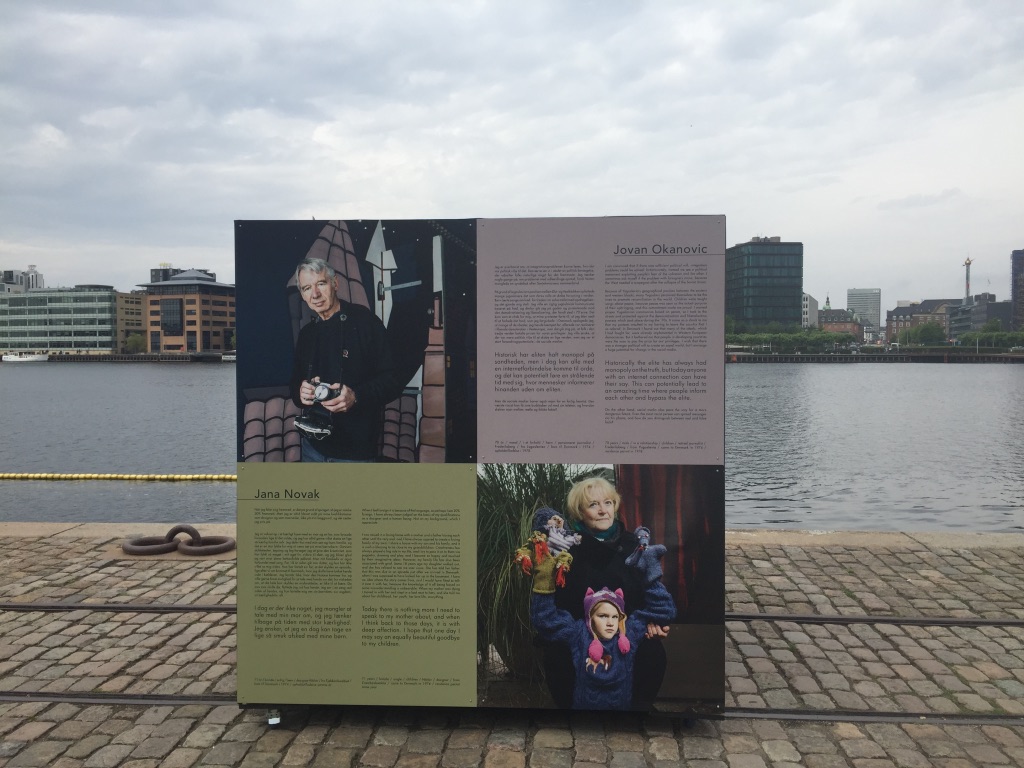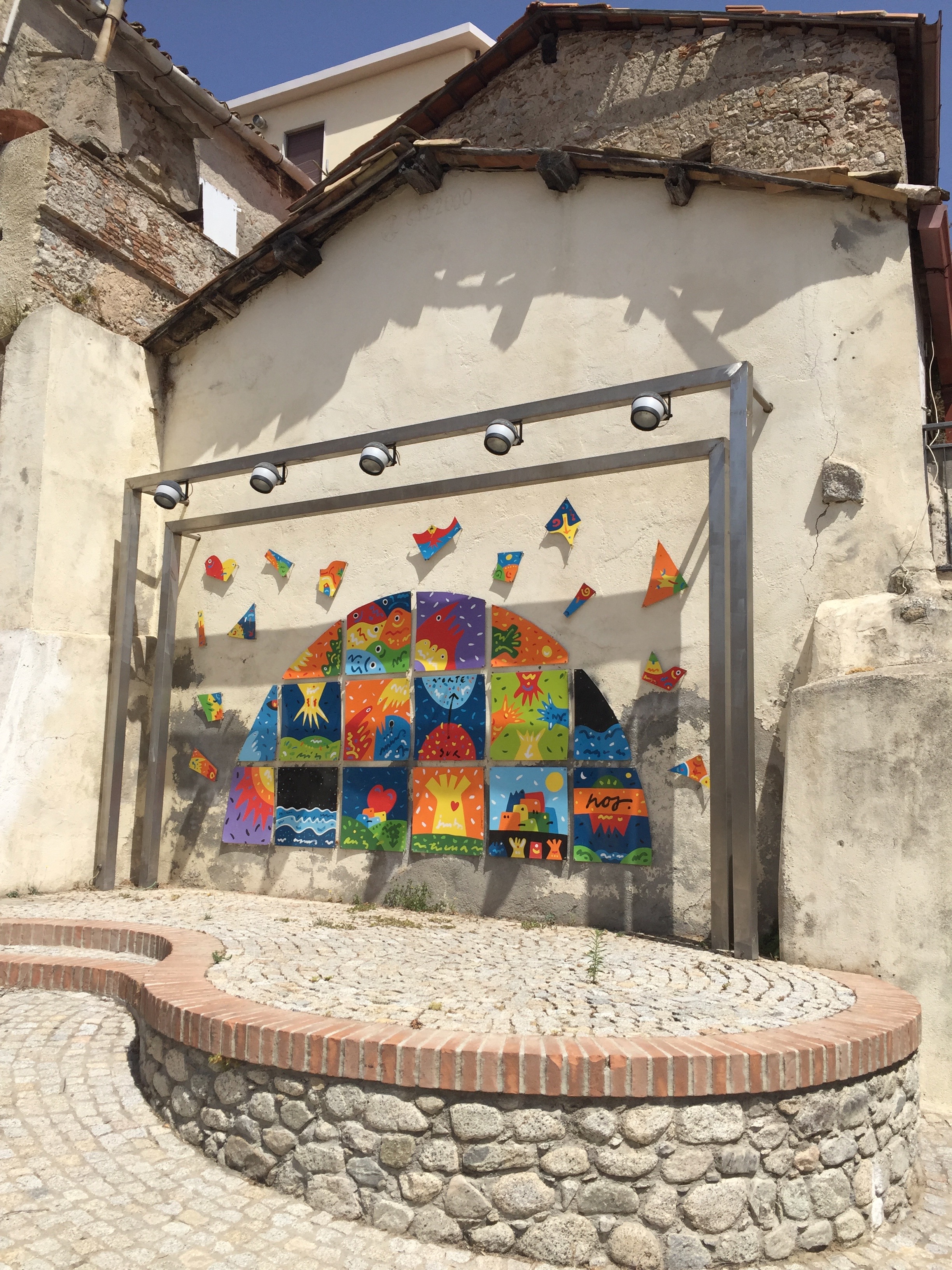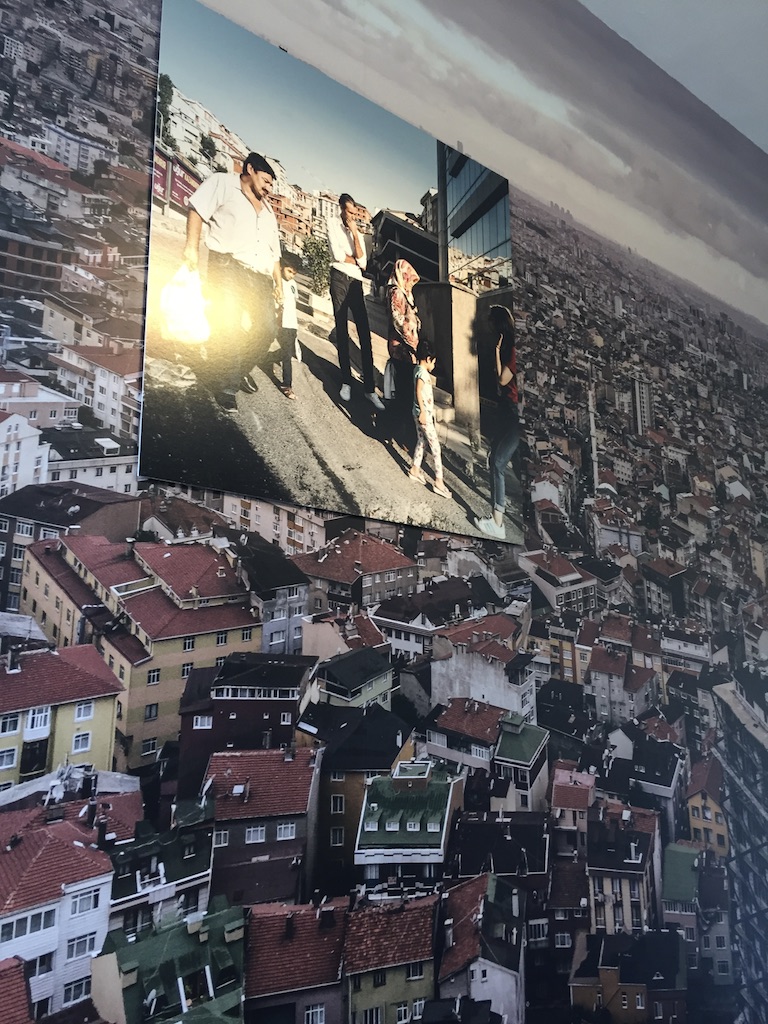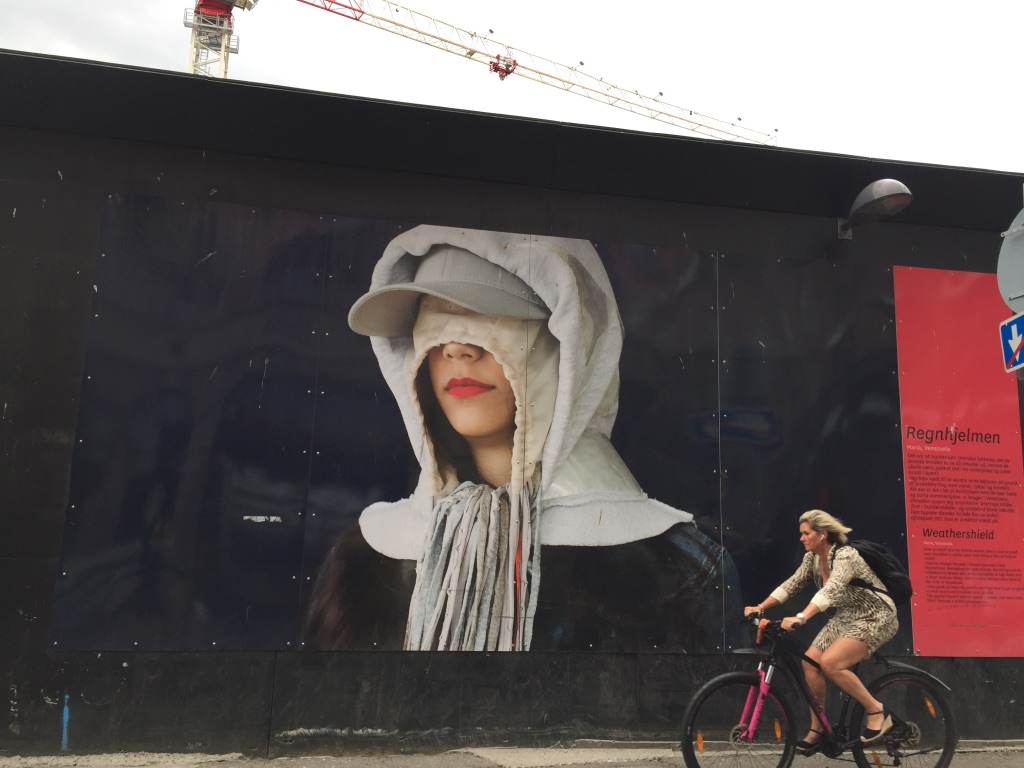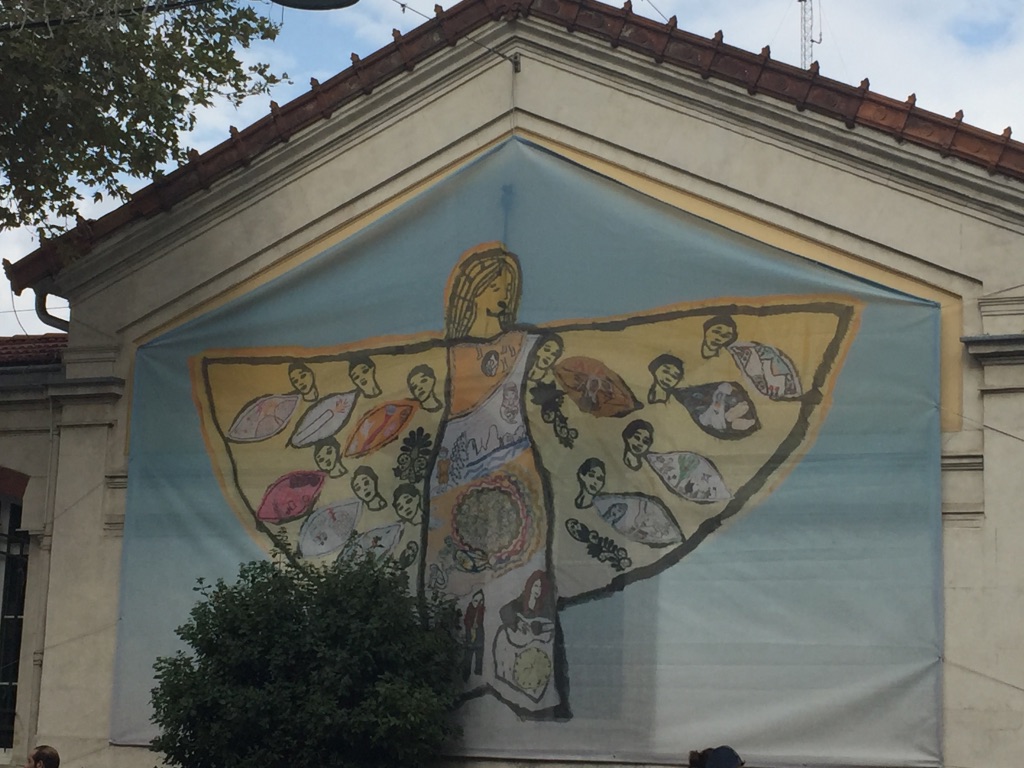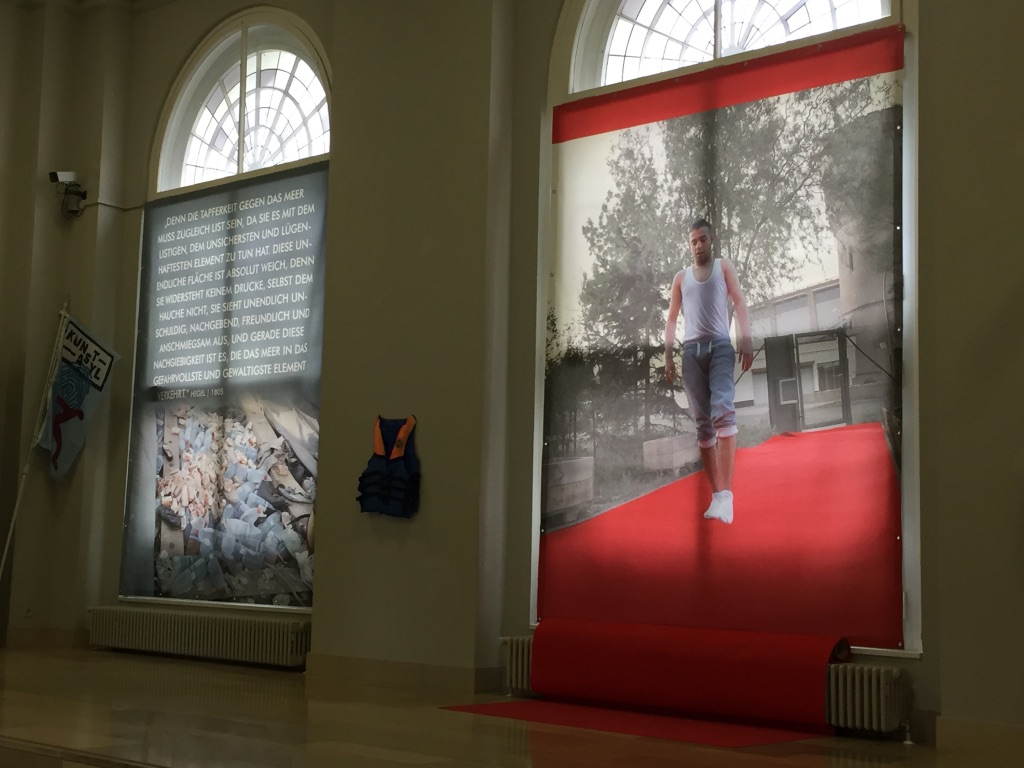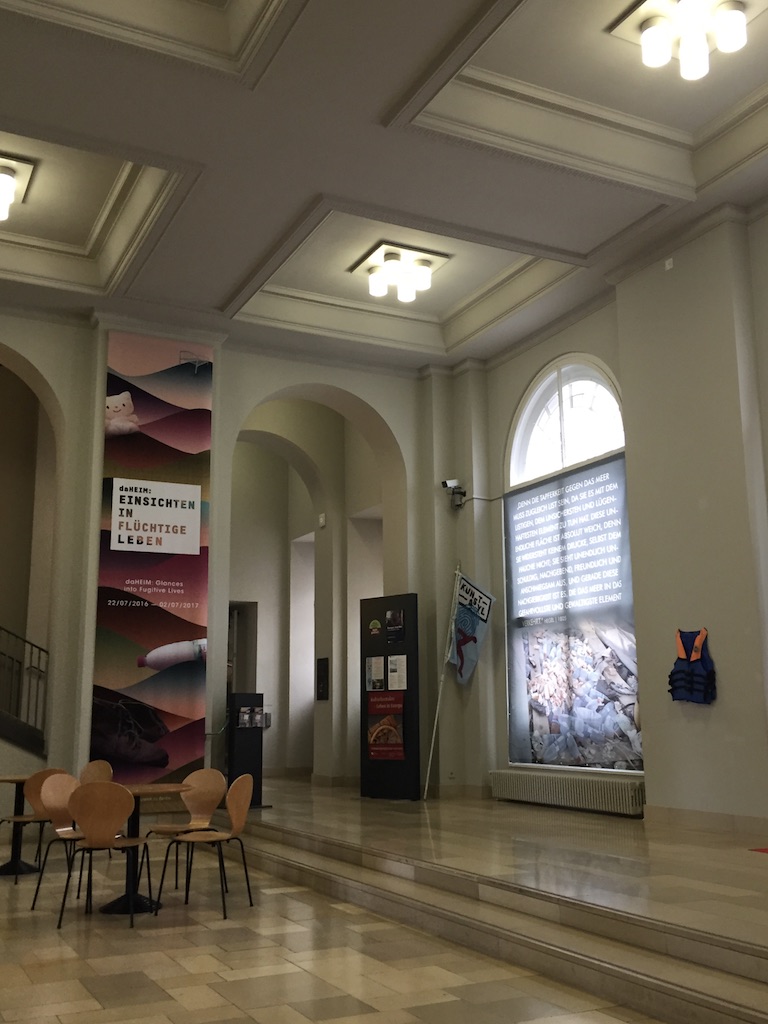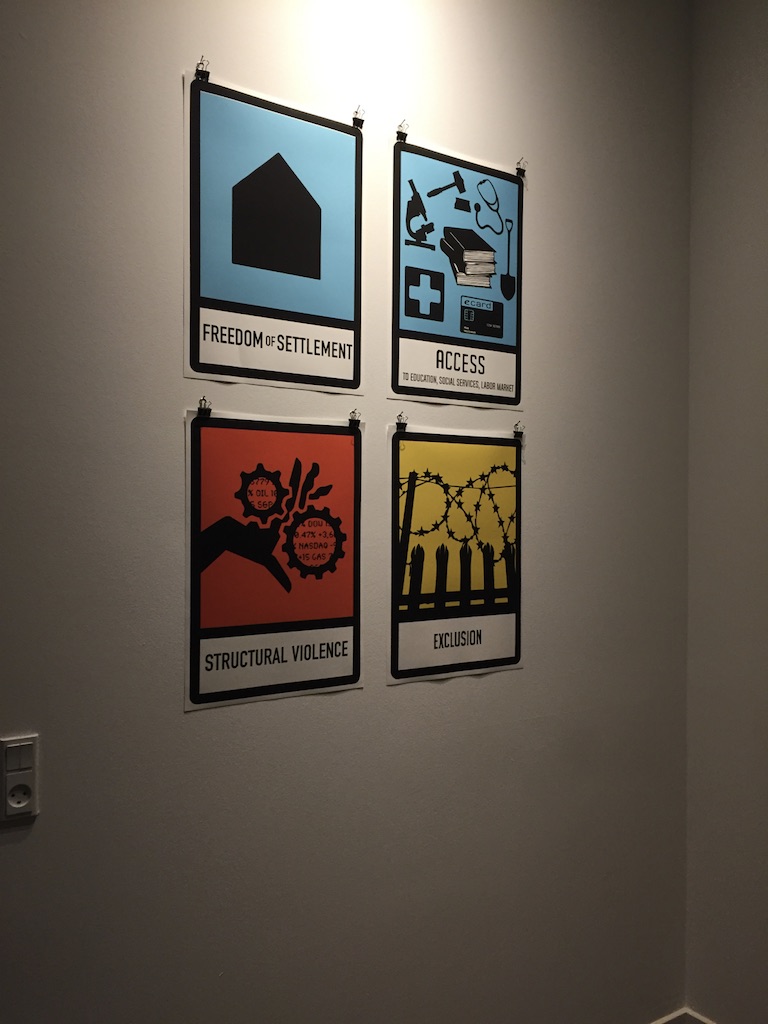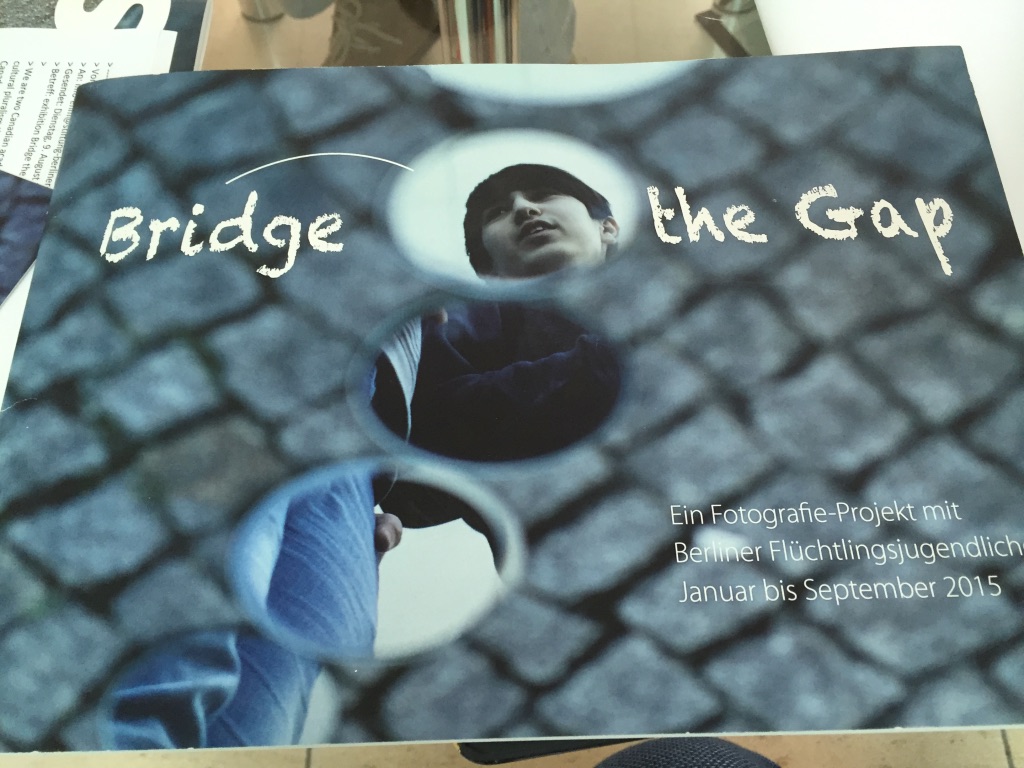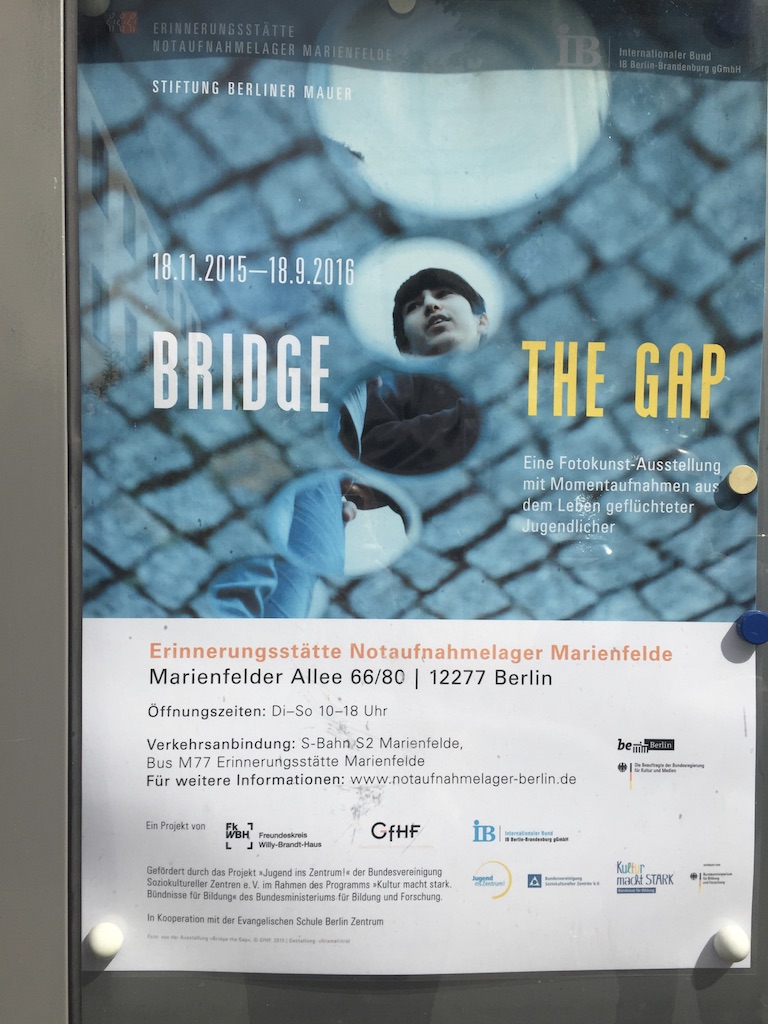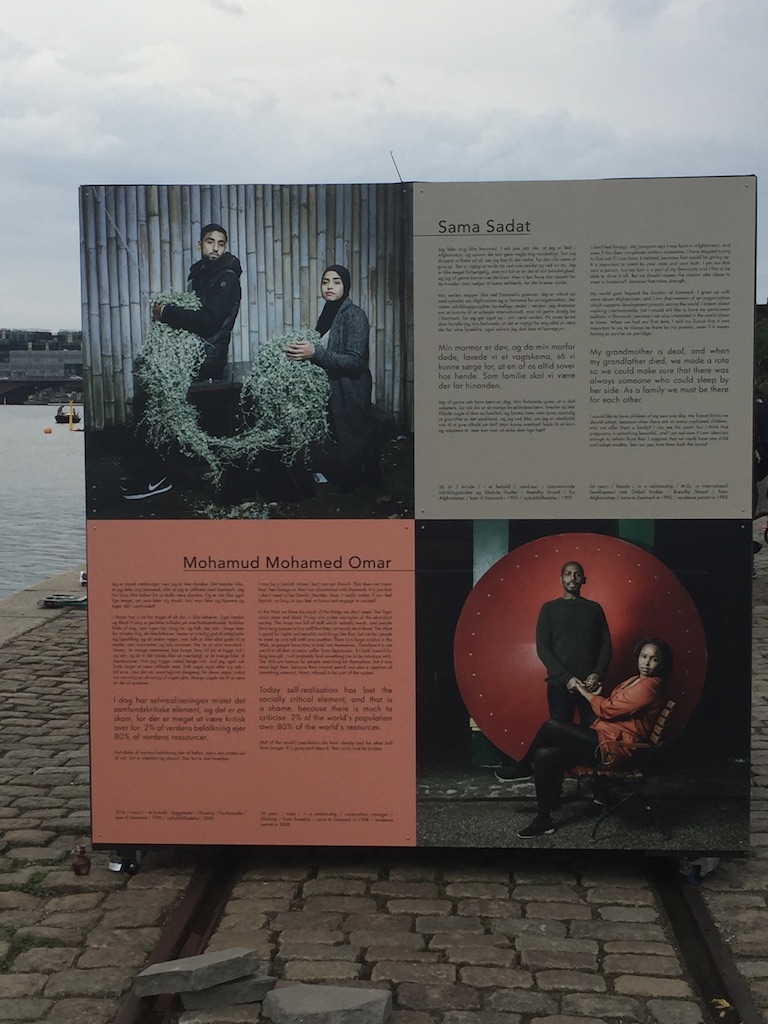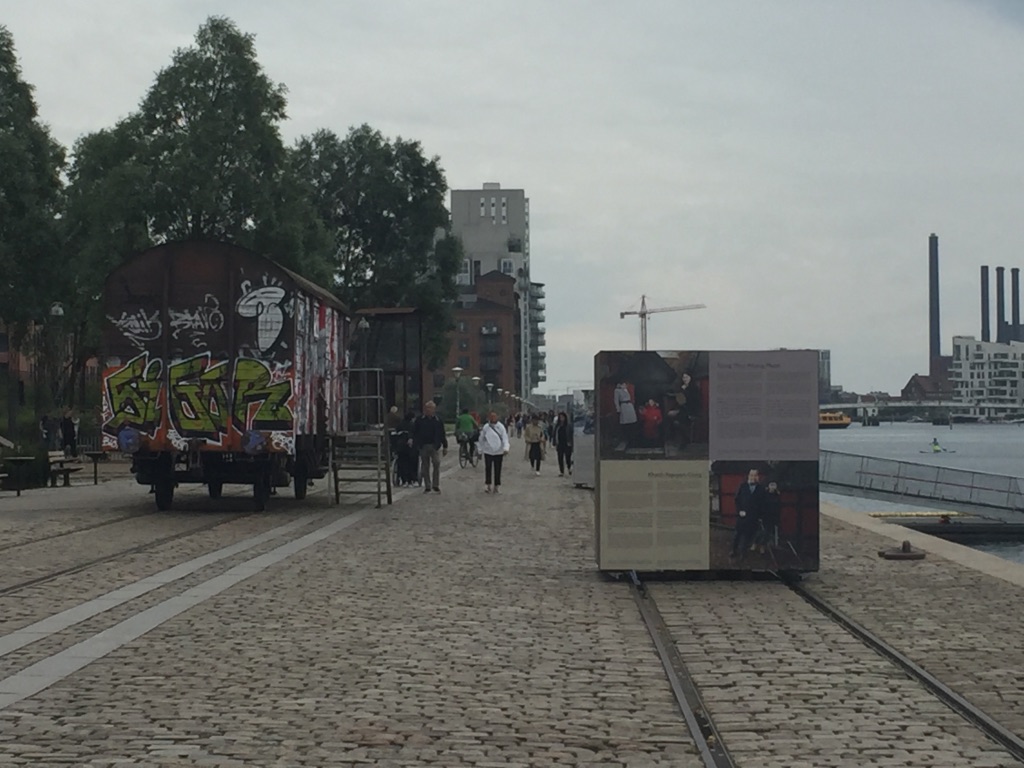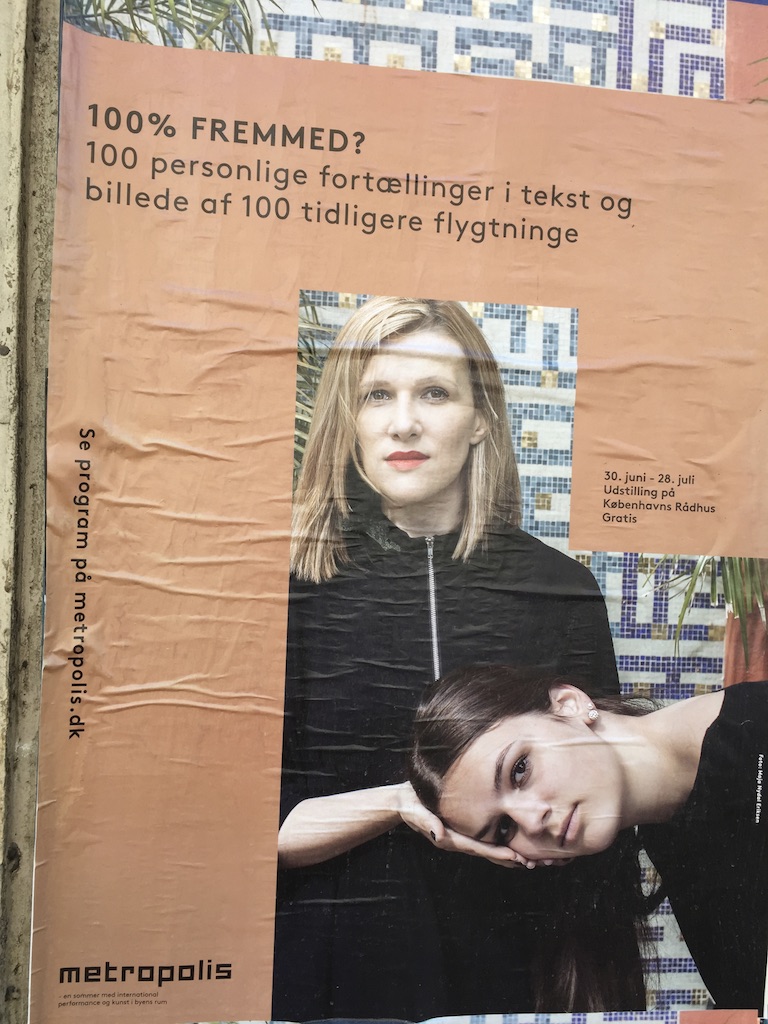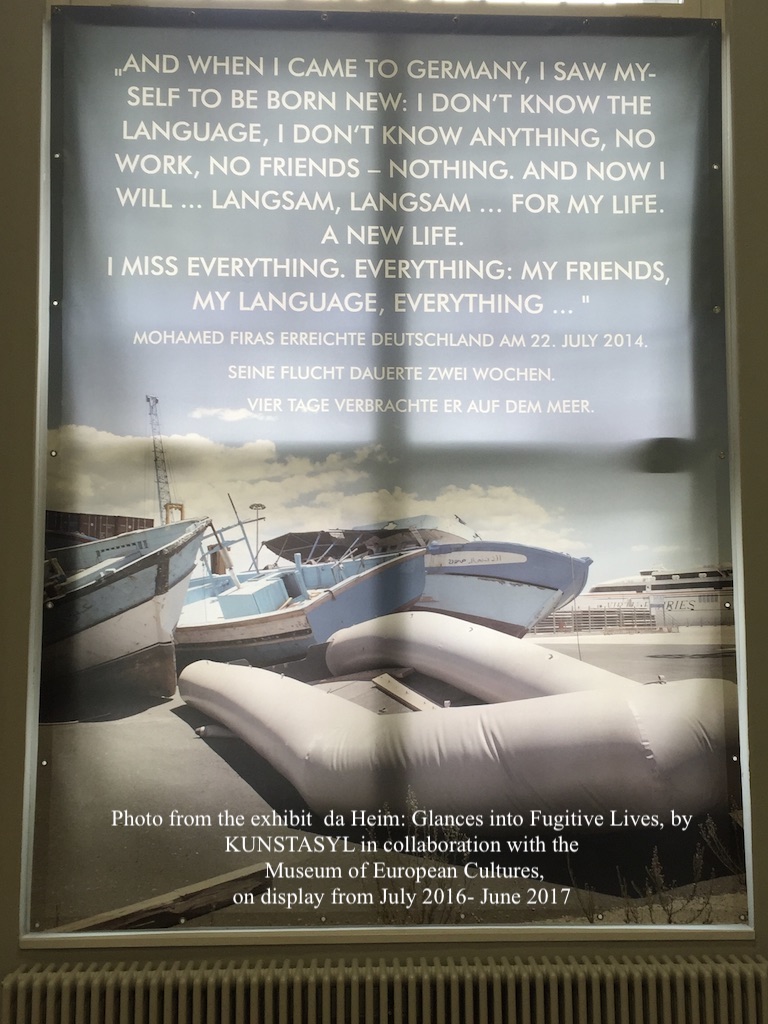Our research is based on arts and cultural projects taking place across several European countries including in Denmark, Germany, Italy and demonstrates how artistic and cultural projects can foster a spirit of transgressive cosmopolitanism by widening the boundaries of inclusion and transforming how we understand community.
Culture and the arts can play a crucial role in fostering pluralism by creating deeper understandings between different groups such as between newcomers and local populations. Identity can be transformed through cultural and artistic projects.
Right-wing movements in Europe demand greater cultural purity and deny representation to cultural minorities, whom they deem to be outside of their cultural framework. Within this context the arts and other forms of cultural production can facilitate greater understanding of others.
Furthermore, artistic and creative projects provide platforms to restore voice and give visibility to marginalised groups who may be excluded from full participation in society. Projects such as collaborative photo and art exhibits allow for face-to-face encounters between locals and newcomers, providing opportunities to get to know more about one another and for locals specially to understand newcomers as something other than stereotypical representations but rather as multidimensional human beings.
